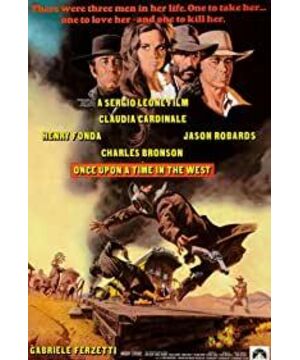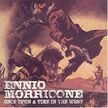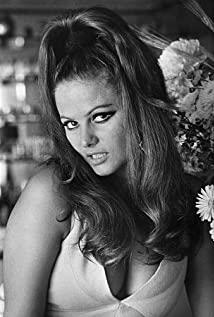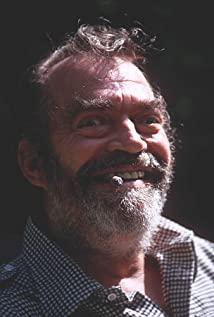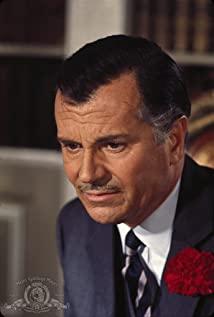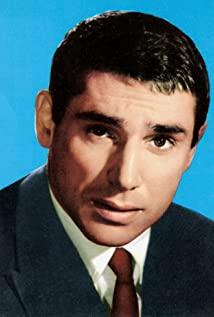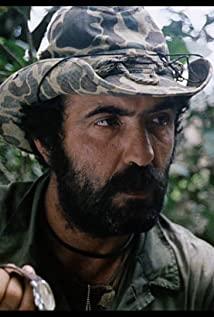"The task of Criticism of Violence can be understood as an exposition of the relationship between law and justice." - Benjamin's Critique of Violence Leone's trilogy of past events deeply touches on the deep ethical issue of violence as a principle: Is violence moral even as a means to a just end? Natural law believes that violence exists naturally, and the justice of violence comes from the criticism of purpose. On the contrary, the positive law holds that violence is a historical product, and the legitimacy of violence comes from the legitimacy of the means. Natural law seeks to make the means "legitimate" by means of the justice of the end, whereas positive law "guarantees" the justice of the end by justifying the means. As for violence, in the current society, justice by means is much more important than justice by purpose, and this is also the core standard for us to maintain social stability. But in Westerns, or gangster films (no matter what era those films are set in), the critique of violence draws primarily on justice of purpose. Killing people to pay for their lives, repaying debts and money, etc. are only natural things. And this is also the most important ethical background of individual heroism. Hollywood in particular knows this. From this, we can find that the aesthetic logic behind these gangster westerns is simple and somewhat ridiculous: the protagonists have been repeatedly frustrated for various reasons, bullied by evil forces, and after layers of foreshadowing, they began to reverse and take bloody revenge. We must stand firm against this misunderstanding of natural law in such films: it seems that the point is to distinguish between just and unjust violence. Distinguishing violence into legal and illegal turns into a judgment of the legitimacy of its purpose. Positive law requires that any violence proves its historical origin under certain conditions for legitimacy and recognition. Violent films must have a deeper philosophical analysis: whether the purpose of violence has a universal, historically recognized existence. Purposes lacking such recognition may be called natural purposes, and other purposes may be called legal purposes. (Insert a paragraph here, the recently popular "Gone Guest", the male protagonist's violence is a typical positive law, that is, the legitimacy of the result is achieved through the justice of the means. Before the final reversal of the story, the director has been guiding We, let the audience think that the father whose son was killed intends to use his own hands, that is, justice of purpose to implement violence and achieve justice. The reversal of the final ending leads the whole story to the same positive law side as the male protagonist. This is A totally different violent critique from violent films like gangster films.)
View more about Once Upon a Time in the West reviews


